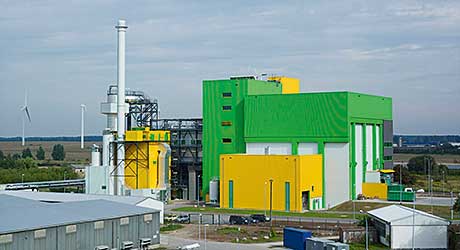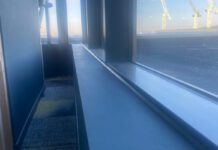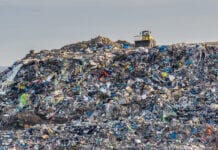
Although the volumes of landfill waste have been reduced in recent years through recycling, millions of tonnes of waste are not suitable for recycling and remain destined for landfill.
Through the development of incineration and energy technology, alternatives have been developed that converts such waste materials into power. For example, waste-to-energy plants, also termed energy-from-waste plants (EfW), provide solutions for waste management problems and contribute to the continued requirement for sources of renewable energy.
However, during the incineration process ash residue, acidic gases, dioxins and heavy metals are generated within the waste gas, for which emissions to atmosphere must be reduced to below legal air quality standards.
All incineration processes in the EU must conform to the Waste Incineration Directive (WID) which details very stringent limits for emissions of these by-products.
Lührfilter is one of the companies that can provide the air pollution control technology to reduce emission limits far below those set within WID. Through custom-designed dry and semi-dry sorption processes using a range of additives (such as activated carbon, Ca(OH)2, NaHCO3 etc.) and specialised gas conditioning equipment, the waste gas temperatures are reduced to the ideal levels for chemical reaction with specific adsorption reagents.
Patented equipment such as the Lühr conditioning rotor ensure ideal reaction conditions with additives. Additionally, the additive recirculation system ensures totally efficient use of additive material, thus greatly reducing plant operating costs. Specialised bag filters then ensure the separation of ash residue / spent additive from the waste gases, prior to release to atmosphere.







